Filter by
The language used throughout the course, in both instruction and assessments.
Results for "basic+orbital+mechanics"
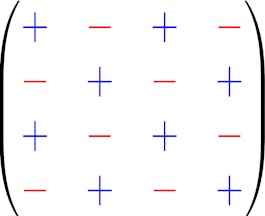

The Hong Kong University of Science and Technology
Skills you'll gain: Linear Algebra, Engineering Calculations, Algebra, Engineering Analysis, General Mathematics, Advanced Mathematics, Applied Mathematics, Arithmetic, Computational Logic
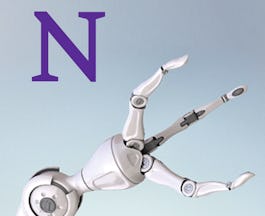

Northwestern University
Skills you'll gain: Mathematical Modeling, Mechanical Engineering, Numerical Analysis, Simulations, Engineering, Engineering Analysis, Mechanics, Matlab, Algorithms, Torque (Physics), Differential Equations, Applied Mathematics, Calculus, Linear Algebra
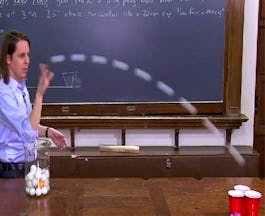

Rice University
Skills you'll gain: Mechanics, Physics, Engineering Analysis, Mathematical Modeling, Algebra, Calculus, Physical Science, Applied Mathematics, Trigonometry


Northwestern University
Skills you'll gain: Machine Controls, Artificial Intelligence, Automation, Manufacturing and Production, Process Control, Mechanical Engineering, Mechanics, Graph Theory, Engineering, Algorithms, Computational Logic, Virtual Environment, Simulation and Simulation Software, Mathematical Modeling, Numerical Analysis, Linear Algebra, Engineering Analysis, Differential Equations
 Status: Free
Status: Free
University of Minnesota
Skills you'll gain: Hydraulics, Mechanical Engineering, Schematic Diagrams, Simulation and Simulation Software, Engineering, Simulations, Engineering Analysis, Engineering Calculations, Mechanics, Mathematical Modeling, Systems Of Measurement, Matlab, Physics
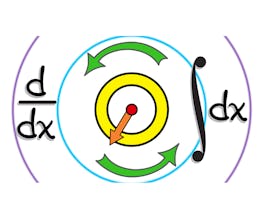 Status: Free
Status: Free
University of Pennsylvania
Skills you'll gain: Integral Calculus, Calculus, Differential Equations, Engineering Calculations, Advanced Mathematics, Mathematical Modeling, Mathematical Theory & Analysis


Epic Games
Skills you'll gain: Virtual Environment, Version Control, Software Configuration Management, 3D Modeling, Augmented and Virtual Reality (AR/VR), Visualization (Computer Graphics), Multimedia, Computer Graphics, User Interface (UI), Data Import/Export, Software Installation


Tecnológico de Monterrey
Skills you'll gain: Semiconductors, Electronic Components, Basic Electrical Systems, Electronic Systems, Power Electronics, Electrical Engineering, Computational Logic
 Status: Free
Status: Free
University of Maryland, College Park
Skills you'll gain: Physics, Quantitative Research, Science and Research, Mechanics, Physical Science, Advanced Mathematics, Mathematical Modeling
 Status: Free
Status: Free
Georgia Institute of Technology
Skills you'll gain: Mechanics, Torque (Physics), Mechanical Engineering, Engineering Analysis, Differential Equations, Engineering, Applied Mathematics, Physics, Trigonometry, Advanced Mathematics, Calculus
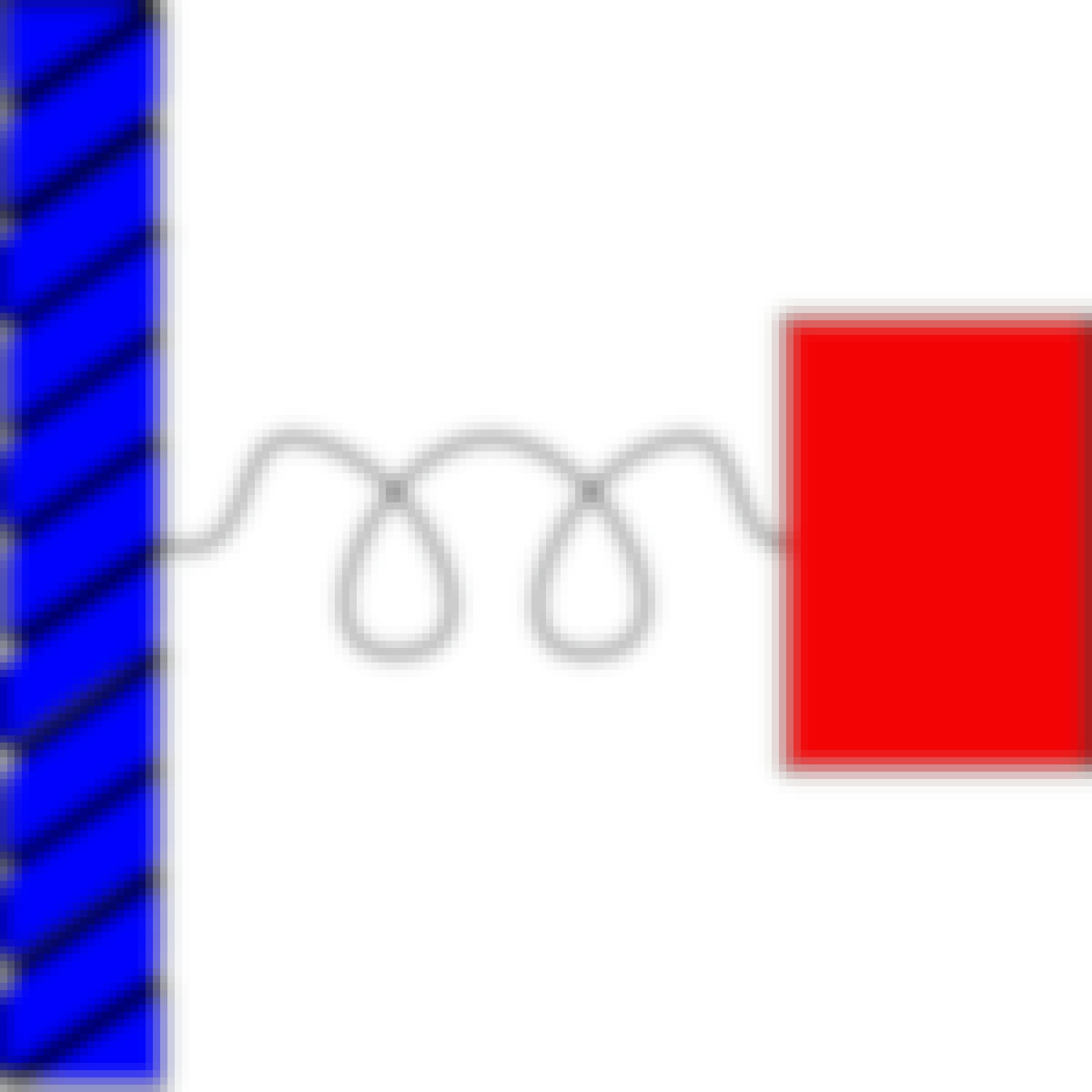

The Hong Kong University of Science and Technology
Skills you'll gain: Differential Equations, Engineering Calculations, Engineering Analysis, Applied Mathematics, Calculus, Numerical Analysis, Mathematical Modeling, Advanced Mathematics, Linear Algebra, Algebra
 Status: Free
Status: Free
Korea Advanced Institute of Science and Technology(KAIST)
Skills you'll gain: Vibrations, Engineering Analysis, Mechanics, Structural Analysis, Mechanical Engineering, Differential Equations, Mathematical Modeling, Applied Mathematics
In summary, here are 10 of our most popular basic+orbital+mechanics courses
- Matrix Algebra for Engineers: The Hong Kong University of Science and Technology
- Modern Robotics, Course 3: Robot Dynamics: Northwestern University
- Physics 101 - Forces and Kinematics : Rice University
- Modern Robotics, Course 4: Robot Motion Planning and Control: Northwestern University
- Fundamentals of Fluid Power: University of Minnesota
- Calculus: Single Variable Part 3 - Integration: University of Pennsylvania
- Unreal Engine Fundamentals : Epic Games
- Electrónica Básica y Circuitos Integrados Lineales: Tecnológico de Monterrey
- Exploring Quantum Physics: University of Maryland, College Park
- Advanced Engineering Systems in Motion: Dynamics of Three Dimensional (3D) Motion: Georgia Institute of Technology










